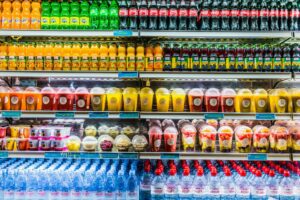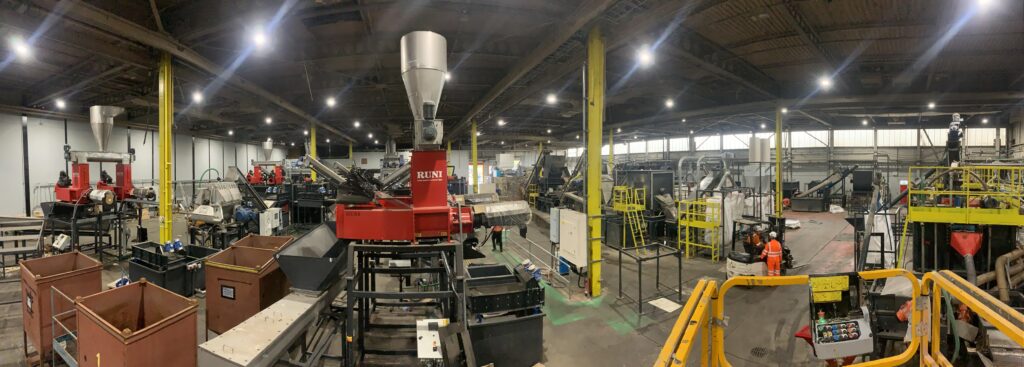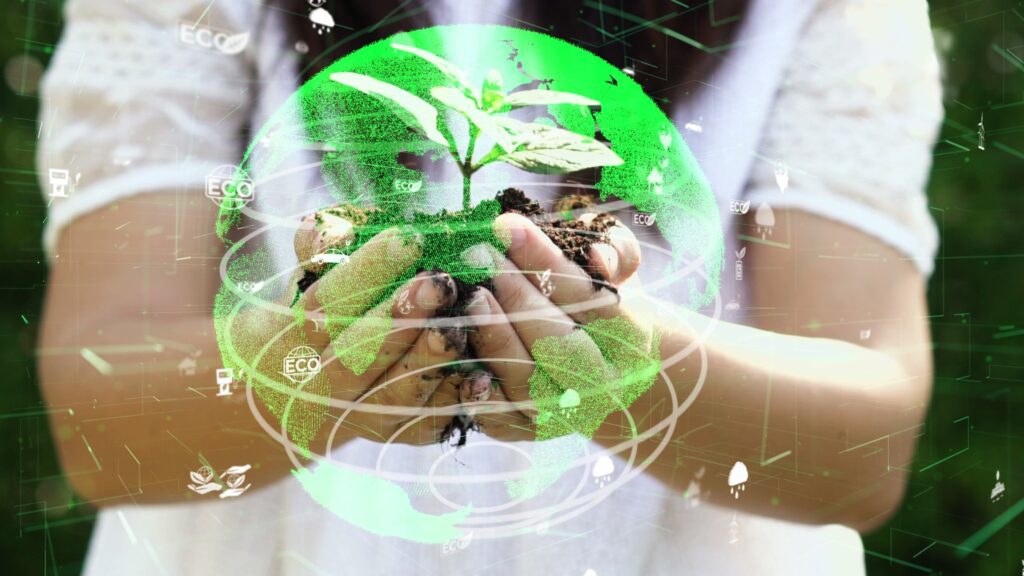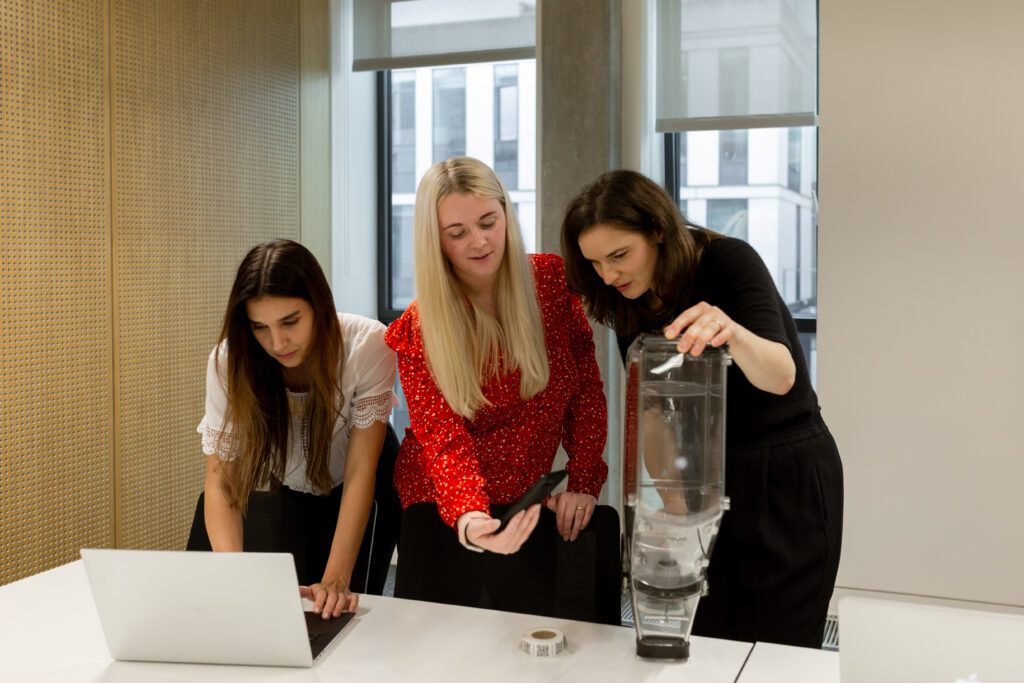1. Brunel University, London
The Providing the 30% recycled content for food packing (PFP) project addressed the problem of ‘hard-to-recycle’ plastic packaging by creating ways to manage waste streams using luminescent labelling, so high value, ‘food grade’ materials and non-food grade plastics are kept separate.
Watch the video presentation on YouTube here.
2. University of Cambridge
The Smart Sustainable Plastic Packaging from Plants project researched changing the genetic code of plants and blending with other materials from food or agricultural waste to form new bioplastics. The aim was to engineer materials with new functional properties, such as improved strength or better protection, reducing the volume of plastic packaging needed to keep food fresh.
Watch the video presentation on YouTube here.
3. City, University of London
The Reducing plastic packaging and food waste through product innovation simulation project expanded and enhanced the Household Simulation Model to focus on plastic food packaging to help manufacturers provide the right type of packaging to reduce both food and plastic waste.
Watch the video presentation on YouTube here.
Project contact: Christian Reynolds christian.reynolds@city.ac.uk
Project website: https://blogs.city.ac.uk/householdfoodsimulation/
Outputs:
Research papers:
4. University of Lancaster
The Plastic Packaging in Peoples’ Lives project aimed to fundamentally shift behaviours around food plastic packaging. Focusing on how plastic packaging is embedded in consumers’ lives, the project undertook a holistic examination of the packaging supply chain to close the attitude-behaviours gap in consumers’ approaches to plastic use and waste.
Watch the video presentation on YouTube here.
Project contacts: Maria Piacentini (m.piacentini@lancaster.ac.uk); Alison Stowell (a.stowell@lancaster.ac.uk)
Outputs:
White Papers:
5. The University of Liverpool (now University of Manchester)
The Post-Consumer Resin project aimed to understand how single-use plastics used for milk jugs, shampoo bottles, and piping changed during recycling. The project used this knowledge to improve the post-consumer recycled plastic journey, blending recycled material with virgin plastics to make new packaging.
Watch the video presentation on YouTube here.
Project contact: Tom McDonald (thomas.mcdonald@manchester.ac.uk)
Outputs:
Research papers:
6. Loughborough University
The Perpetual Plastic for Food to Go (PPFTG) project researched circular business models that combined smart technology enabled products and services to reduce the environmental, societal, and economic impact of food-to-go packaging. They developed a reusable sandwich/salad packaging prototype and novel ‘track and trace’ smart sensors.
Watch the video presentation on YouTube here.
Outputs:
Research papers:
7. The University of Manchester
The One Bin to Rule Them All project aimed to improve compliance with recycling through a systemic approach to plastic waste management. The project sought to demonstrate a viable system to reduce and then eliminate plastic released in the environment by creating value in plastic packaging waste streams and simplifying recycling for consumers.
Watch the video presentation on YouTube here.
Outputs:
8. University of Sheffield
The Many Happy Returns project explored reusable packaging systems in catering applications that have the potential to reduce the environmental impact of single-use plastic packaging by keeping packaging material in circulation for as long as possible.
Watch the video presentation on YouTube here.
Outputs:
9. University of Strathclyde
The Biocomposite design for food packaging project aimed to optimise the use of compostable plastics for multiple food packaging applications. This will reduce the reliance on plastic and encourage reusing plastics as much as possible while keeping food fresh and hygienic.
Watch the video presentation on YouTube here.
Outputs:
Research papers:
10. University College London
The Compostable plastics: unlocking existing barriers to systems change project investigated how compostable plastics are currently being used and how they perform. It mapped out how these plastics could be introduced into existing waste management infrastructure and looked at consumer behaviour and communications.
Watch the video presentation on YouTube here.
Outputs:
Research papers:








